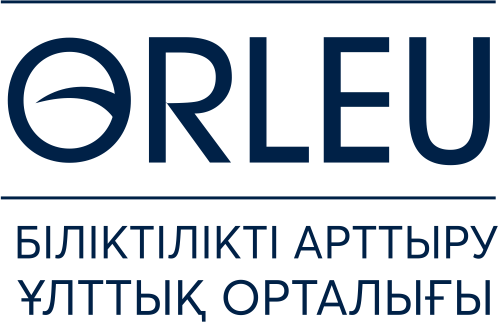Аңдатпа
Қазіргі заманғы қарқынды әлеуметтік және технологиялық өзгерістер жағдайында кітапханалар өзектілігі мен сұранысын сақтау үшін бейімделуге мәжбүр. Бұл тек қорларды жаңартып, жаңа қызметтерді енгізуді ғана емес, сонымен қатар әртүрлі топтағы пайдаланушылардың қажеттіліктерін терең түсінуді талап етеді. Міне, осы жерде фасилитатор рөлі алға шығады – бұл араласу, оқу және бірлескен іс-әрекеттер үшін қолайлы ортаны құру міндетін атқаратын маман. Ол әртүрлі жастағы және әлеуметтік жағдайдағы келушілер арасындағы, сондай-ақ әртүрлі құзыреттіліктері мен көзқарастары бар мамандардан тұратын ұжым ішінде туындайтын кедергілерді еңсеруге көмектесіп, байланыстырушы буын ретінде әрекет етеді.
Мақала Қазақстандағы кітапхана ісіндегі фасилитатор рөлін зерттеуге арналған, әсіресе, жас ерекшеліктері әртүрлі оқырмандармен және пәнаралық мамандар тобымен жұмысты сипаттайды. Бұл жұмыстың мақсаты – кітапхана қызметін трансформациялау контекстіндегі фасилитатор рөлінің маңыздылығын теориялық тұрғыдан түсіну және эмпирикалық растау. Зерттеу аудиторияның жасына және мәдени әртүрлілігіне байланысты нақты сын-қатерлер мен мүмкіндіктерді анықтауға, сондай-ақ көп салалы кітапхана ұжымдарының табысты жұмыс істеу механизмдерін талдауға бағытталған.
Авторлар аралас әдістемені қолданды: жартылай құрылымдық сұхбат, фокус-топтар, бақылау, жағдайды талдау және сауалнама. Нәтижелер фасилитаторлардың бағдарламаларды жастық топтарға бейімдеп, J. Heron моделіне сәйкес: балалар үшін иерархиялық, ересектер үшін кооперативті, ал қарттар үшін автономды тәсіл қолданатынын көрсетті. Пәнаралық командаларда A. Mindell тәсілін қолданатын фасилитаторлар қақтығыстарды тиімді басқаруға мүмкіндік беріп, цифрлық архив секілді жобалардың табыстылығын арттырады. Зерттеу фасилитаторлардың Біріккен Ұлттар Ұйымының Тұрақты даму мақсаттарына (БҰҰ ТДМ) (4 және 10 мақсаттары) жетістіктеріне қосқан үлесін айқындайды және ұсыныстар ұсынады: фасилитация бойынша тренингтер әзірлеу, қарттарға арналған материалдарды бейімдеу және бағдарламаларды жекелендіру үшін жасанды интеллектті (ЖИ) енгізу. Ауылдық кітапханаларға жеткіліксіз назар аудару сияқты олқылықтар қосымша зерттеуді қажет етеді.


